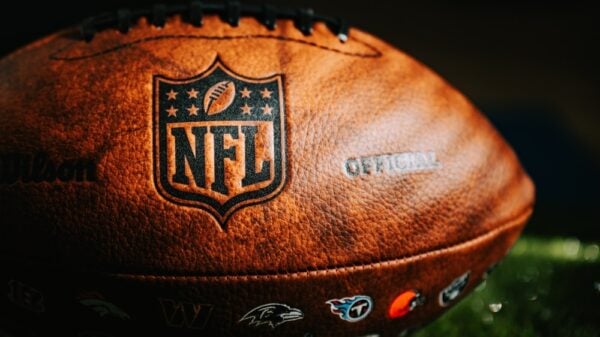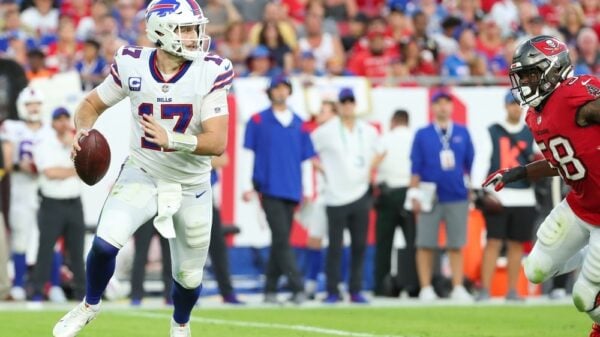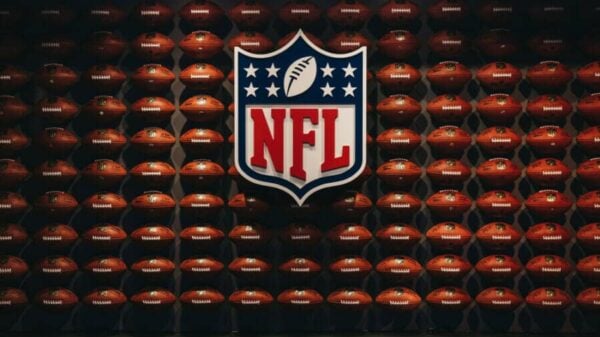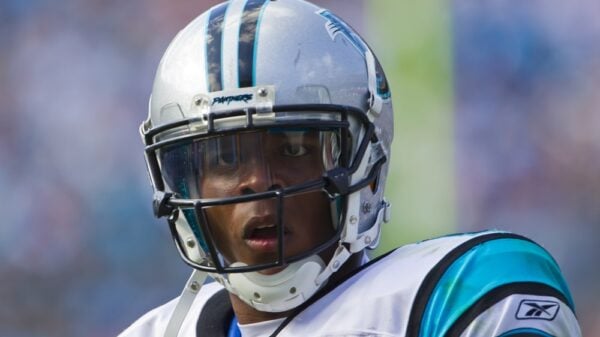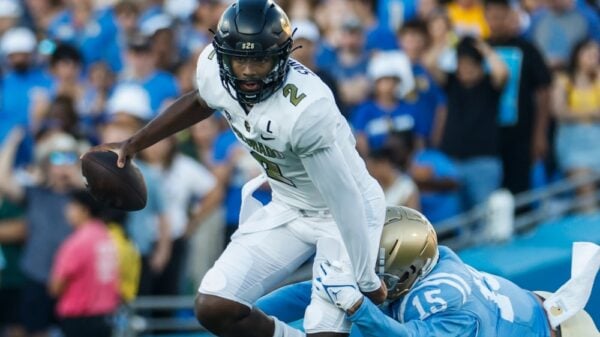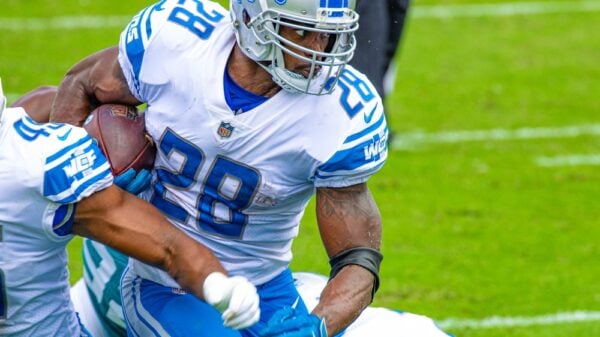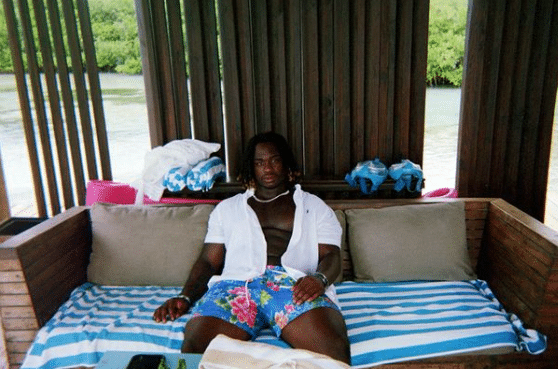Being viewed as a leading prospect in the NFL Draft means your life is scrutinized closely. Every aspect of your persona, from your athletic capabilities to your physical traits, is analyzed by NFL scouts keen on finding reasons to either commend or criticize you. For Ashton Jeanty, the gifted running back from Boise State, this intense scrutiny has shed light on his height.
At 5’9″, Jeanty doesn’t exactly tower over the league’s giants. This has inevitably raised questions about whether his physique is sturdy enough to withstand the challenges of professional football. However, Jeanty remains untroubled by these concerns. He views them as exaggerated, especially when taking into account his outstanding performance during his senior year with the Broncos. In a recent media interaction, he addressed the height discussion directly:
“I proved myself on the collegiate level. That’s why I didn’t get recruited by, per se, those bigger schools. They didn’t think I had the size or the speed. I don’t think the height thing really makes sense because there are a lot of players in the NFL, some even shorter than me, who have made a great impact.”
Jeanty’s self-assured statement highlights a broader trend in the NFL, where teams are increasingly choosing players who may be shorter but are more agile and quick. He emphasizes that the game is evolving, favoring athletes capable of eluding defenders and making rapid movements over those who simply rely on size. His status as a runner-up for the respected Heisman Award in 2024 attests to his capabilities and hints that he could represent the future of the sport.
Despite his shorter stature, Jeanty possesses a quality that many athletes aspire to—he weighed 216 lbs during his senior year, aligning closely with the average weight of running backs in the league, which sits at about 215 lbs. This indicates that he has more than sufficient strength to endure the rigorous demands of a long NFL season. Take Detroit Lions’ standout Jahmyr Gibbs as an example. At the same height of 5’9”, but weighing a lighter 198 lbs, Gibbs illustrated that one can achieve excellence and even lead the league in rushing touchdowns despite being smaller.
Historical precedents further bolster Jeanty’s argument. Consider legends like Darren Sproles and Mike Tolbert, who leveraged their size as an advantage instead of a liability. Let’s not overlook Barry Sanders, often regarded as one of the all-time great running backs, who stood at just 5’8”. The belief that shorter running backs cannot thrive in the NFL is simply unsubstantiated.
As the Heisman voting process transpired, some critics pointed out Jeanty’s lower number of touches, positing that it hindered his candidacy. Now, however, attention has turned to whether he can manage the demanding workload of an NFL running back—ironically, a concern he finds somewhat amusing. “There’s always going to be people who nitpick things or point out different aspects that they think might not work,” he quipped.
At just 21 years old, Jeanty has already demonstrated a remarkable ability to handle both on-field pressures and off-field scrutiny with a professionalism many veteran players would admire. Regardless of the outcome on draft day, he seems ready to challenge the expectations set for him and prove that size does not dictate talent.
No matter where his journey leads next, it’s clear that Ashton Jeanty is more than just a promising player—he represents a challenge to conventional wisdom and a model for forging one’s own path in football. The underdog narrative often stands out the most, and Jeanty’s story resonates strongly with anyone who values determination and resilience.


